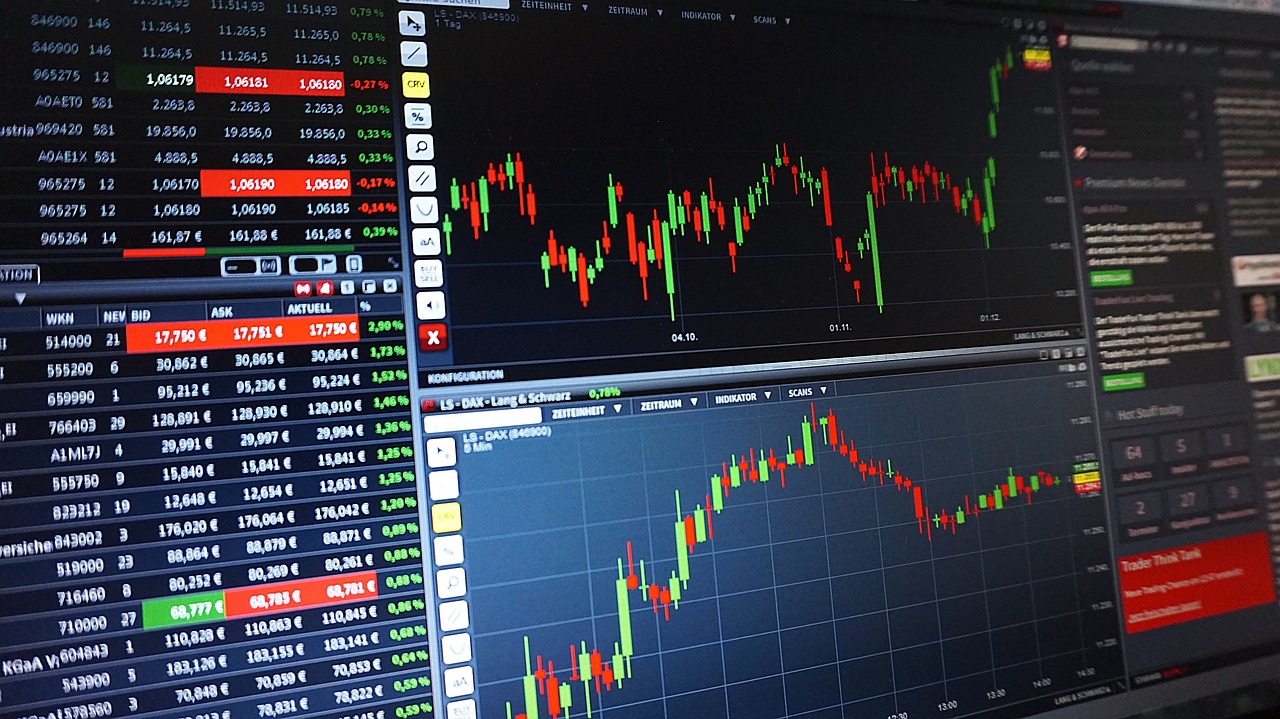FIW — Forschungsschwerpunkt Internationale Wirtschaft

Neuer FIW-Policy Brief "Improving Supply Security" veröffentlicht
Zur Publikation

Neuer FIW Trade Indicator des BMAW liefert erste Schätzungen des österreichischen Warenaußenhandels für das 1. Quartal
Zum Beitrag

FIW veröffentlicht Jahresgutachten 2024 zur österreichischen Außenwirtschaft
Zur Publikation

Neue FIW-Studie veröffentlicht: Trade and Welfare Effects of New Trade Policy
Zur Publikation
Das FIW bietet eine Forschungsplattform, Informationen zu außenwirtschaftsrelevanten Themen sowie den Zugang zu volkswirtschaftlichen Datenbanken. Es ist ein Kooperationsprojekt der Wirtschaftsuniversität Wien, der Universität Wien, der Johannes Kepler Universität Linz, der Leopold-Franzens-Universität Innsbruck, des Österreichischen Instituts für Wirtschaftsforschung (WIFO), des Wiener Instituts für Internationale Wirtschaftsvergleiche (wiiw) sowie des Wirtschafts- und Sozialwissenschaftlichen Rechenzentrums (WSR) und wird aus Mitteln des Bundesministeriums für Bildung, Wissenschaft und Forschung sowie des Bundesministeriums für Arbeit und Wirtschaft finanziert.

 Robert Stehrer
Robert Stehrer